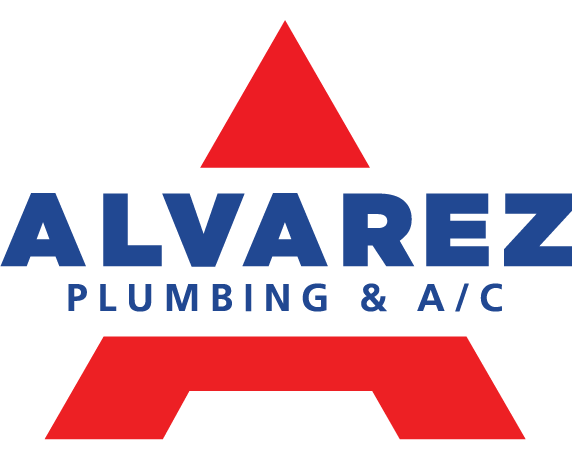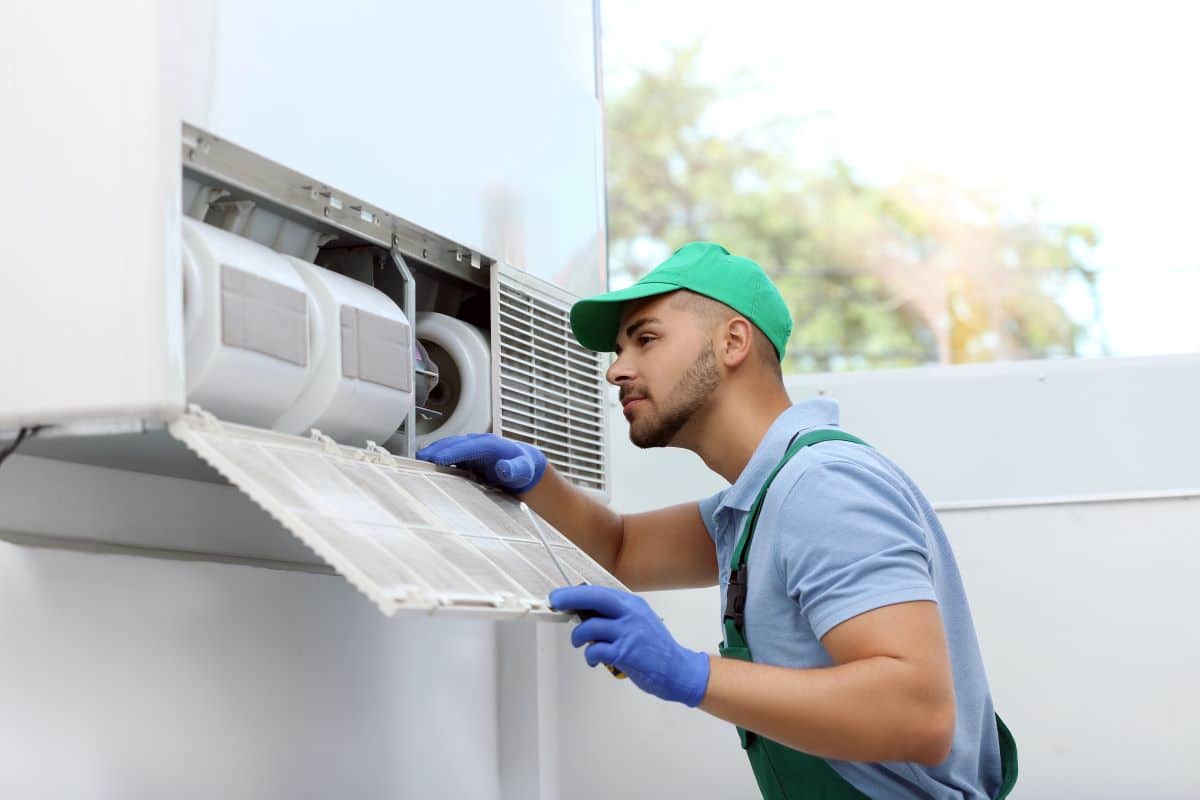Tampa’s hurricane season is just around the corner, “officially” starting June 1st. Is your HVAC system ready? We’ve put together some of our best practical tips for stress-free hurricane season HVAC preparation.
It’s not at all uncommon for windstorms in this area to cut power and water supply to homes or cause flooding, potentially destroying treasured belongings and damaging your home’s foundation, infrastructure, and appliances. In particular, the heating and cooling systems, collectively referred to as the HVAC system, could be compromised or wiped out altogether, having a domino effect on functionality throughout your entire home. Fortunately, there are inexpensive ways to protect these heating and cooling systems from storms, giving you the best value for your investment.
Before Hurricane Season HVAC Preparation
Inspect the HVAC Unit
Start your preparation by hiring a certified HVAC technician to inspect your home’s system several months before hurricane season arrives. The technician will conduct a complete examination to confirm that the HVAC unit is working properly and will investigate any underlying issues that could become worse during storm season.
Clear the Surroundings
Looking around your yard, is there anything that could become a projectile and cause damage to your HVAC system? Such items may include toys, garbage cans, and portable patio furniture. If so, keep it in locked storage. Likewise, clear the area nearest the HVAC system, cutting any protruding tree branches, hedges, and falling leaves that may get blown into the unit. Clearing the surroundings is not only preventative, but also makes it easier to recover from the aftermath of a significant storm.
Routine Preventive Maintenance
Fool-proof hurricane season HVAC preparation begins with regular preventive maintenance. This series of routine checks, tune-ups, and occasional repairs keep the HVAC system operating at maximum efficiency and extends its lifespan. Ideally, you should hire a professional HVAC technician to conduct routine maintenance once a year. An HVAC system in optimal condition has a far better chance of surviving a hurricane with minimal damage.
Hurricane Tie-Down Straps
Use tie-down straps to anchor your HVAC system in place. These simple but useful straps prevent your expensive HVAC system from getting knocked around or otherwise damaged in winds that often reach 150 mph. Straps also minimize damage from collisions with falling objects.
Hurricane tie-downs are available in a wide range of styles including nylon straps, metal brackets, and metal cables. Pick straps based on their wind-resistance rating and corrosion-proofing.
Concrete Slab
Consider adding a sturdy concrete slab to raise your outdoor HVAC unit and protect it from flooding. The concrete slab creates a solid foundation for the HVAC system, keeps it from sinking into the uneven ground, prevents system oil from spreading, and minimizes wear and tear from regular vibrations. Particularly if used with a waterproof cover, a concrete slab goes a long way in shielding the HVAC unit from flying debris that could damage the compressor or coil.
HVAC Surge Protection
Hurricanes, particularly when accompanied by lightning, can trigger fires, melt cables, or burn components and cause short-circuiting in your home’s electrical systems. Similarly, having power restored after an outage can cause microbursts and other power grid malfunctions that trickle to your home.
To protect your home against this, we recommend installing a reliable surge protector. It works by rerouting any influx of power away from the HVAC unit and into the grounding wires. In extreme power surges, the protector bears the full brunt by cutting off its connection with the HVAC unit completely.
Have a Backup Generator Ready
Depending on the intensity of a storm, a power outage could leave you cold or hot and in the dark for days or weeks. In emergencies, a backup generator will run your HVAC unit, providing power to your home and keeping you warm or cool until the power malfunction is fixed.
During Hurricane Season HVAC Preparation
Once hurricane season begins, it’s important to routinely monitor the HVAC unit for any signs of damage and address them immediately.
During an intense storm, you can shut the system off before circuit breakers are affected. Don’t forget to unplug any AC window units before shutting windows, and be vigilant of smells; look out for signs of blown fuses or burnt wires.
After Hurricane Season HVAC Preparation
Finally, once storm season subsides, call a professional HVAC company to inspect your home’s system. The professional HVAC tech will assess any damage and recommend repairs to get the unit back to optimal performance.
If you have doubts or concerns about hurricane season HVAC preparation, the safest approach is to contact the HVAC experts at Alvarez Plumbing. We are happy to conduct your pre-inspection, carry out annual maintenance, and monitor your HVAC system throughout the season. Call us today and stay safe!




Recent Comments